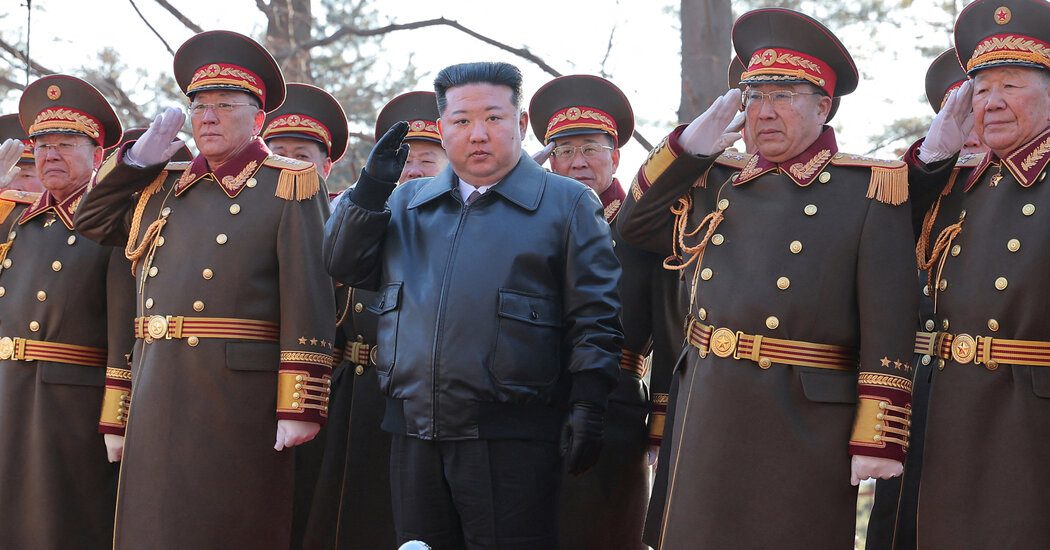
Despite incurring significant losses in the ongoing conflict between Russia and Ukraine, North Korea is reportedly reinforcing its military presence in Russia, with recent intelligence from South Korea indicating that North Korean troops are returning to active combat roles.
South Korea’s National Intelligence Service (NIS) is currently evaluating the scale of this new troop deployment. Their announcement follows a report from the South Korean newspaper JoongAng, which, citing unnamed sources, claims that North Korea has dispatched as many as 3,000 additional soldiers to Russia via naval and military air transport since January.
Late last year, North Korea is estimated to have sent around 11,000 troops to aid Russian forces, along with substantial shipments of artillery shells, missiles, and various conventional arms. These troops were primarily deployed to the Kursk region, where they collaborated with Russian units to reclaim territory lost to Ukraine.
However, North Korean forces withdrew from the front lines in January after suffering substantial losses, as reported by both Ukrainian and U.S. officials. These soldiers belonged to North Korea’s elite special forces but found themselves ill-equipped to handle the challenges posed by drone warfare on the expansive, open combat fields of Eastern Europe. Thousands have reportedly been killed or injured, according to South Korean estimates.
Earlier this month, Ukrainian President Volodymyr Zelensky indicated that North Korean troops had re-entered combat roles, a sentiment supported by South Korean intelligence on Thursday.
“After a period of inactivity, North Korean forces were re-deployed to the frontline areas in Kursk during the first week of February,” the agency reported.
The ongoing conflict in Ukraine represents the first significant overseas military engagement for North Korea in decades. Despite the heavy casualties, military analysts suggest this experience is providing the North Korean military with crucial insights into modern warfare tactics.
Concerns have also been raised by South Korean officials regarding the potential exchange of food, oil, and advanced weapon technologies from Russia to North Korea, in return for troop support and artillery supplies.
North Korean leader Kim Jong-un is seeking to enhance his country’s nuclear capabilities and other weaponry while trying to establish new international partnerships for his isolated regime, especially following the collapse of diplomatic engagements with President Trump in 2019.
By providing much-needed munitions and military support to Moscow, Kim has effectively secured a new alliance with Russian President Vladimir Putin. Their meeting in Pyongyang last June revitalized a mutual defense agreement reminiscent of Cold War alliances.
In light of recent political developments, including Trump’s return to the presidency in January, there has been talk of a potential end to the war, along with hints of renewed diplomatic discussions with Kim. However, Kim has yet to publicly respond to these overtures.









